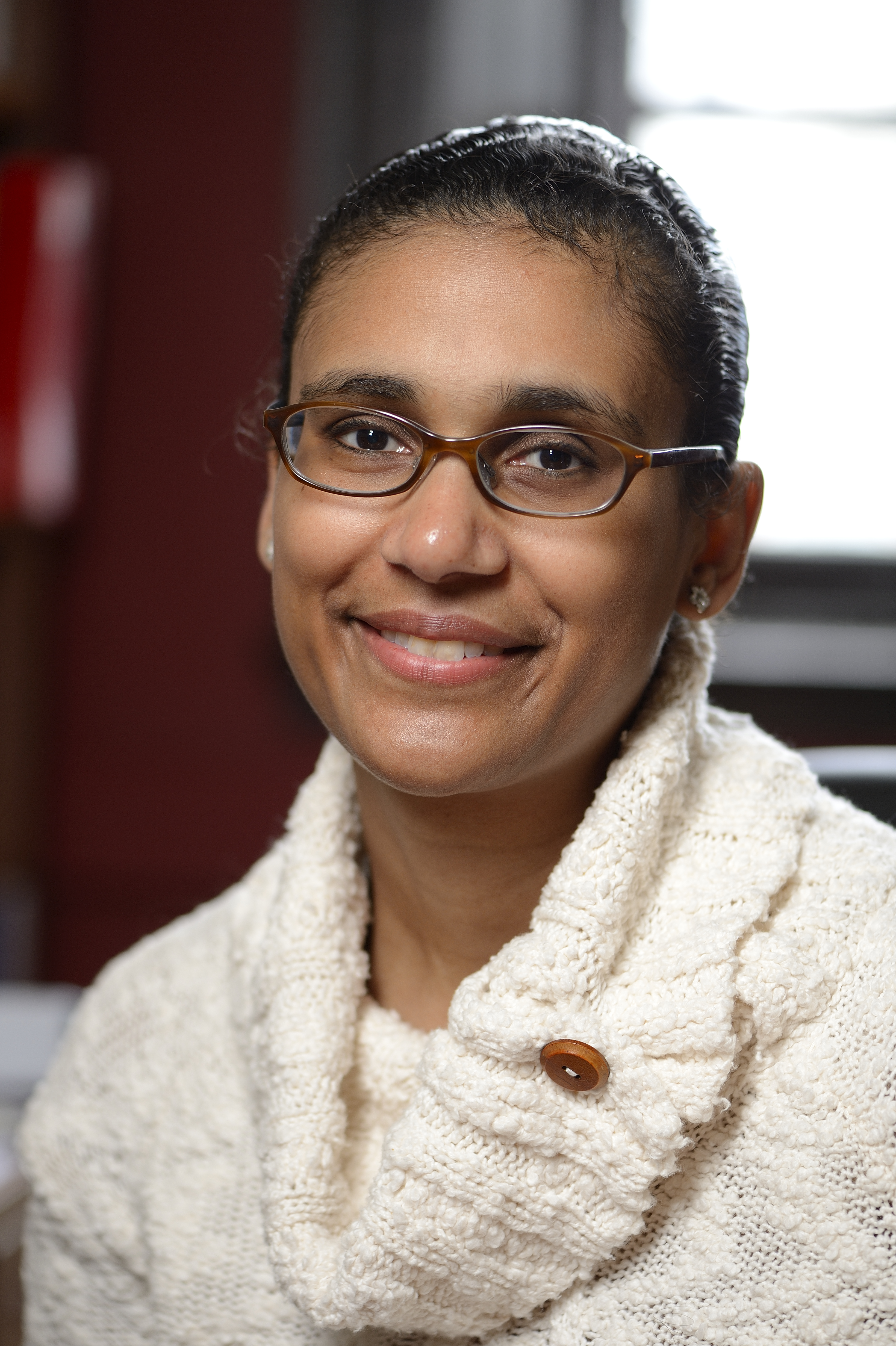Abstract
The wide-area measurement systems technology using Phasor Measurement Units (PMUs) has been regarded as the key to guaranteeing stability, reliability, state estimation, and control of next-generation power systems. However, with the exponentially increasing number of PMUs, and the resulting explosion in data volume, the design and deployment of an efficient wide-area communication and computing infrastructure is evolving as one of the greatest challenges to the power system and IT communities.
Performance Period: 09/15/2015 - 08/31/2019
Institution: University of Southern California
Sponsor: National Science Foundation
Award Number: 1544742
Abstract
As information technology has transformed physical systems such as the power grid, the interface between these systems and their human users has become both richer and much more complex. For example, from the perspective of an electricity consumer, a whole host of devices and technologies are transforming how they interact with the grid: demand response programs; electric vehicles; "smart" thermostats and appliances; etc.
Performance Period: 10/01/2015 - 09/30/2018
Institution: University of Washington
Sponsor: National Science Foundation
Award Number: 1544160
Abstract
Inherent vulnerabilities of information and communication technology systems to cyber-attacks (e.g., malware) impose significant security risks to Cyber-Physical Systems (CPS). This is evidenced by a number of recent accidents. Noticeably, current distributed control of CPS is not really attack-resilient (ensuring task completion despite attacks). Although provable resilience would significantly lift the trustworthiness of CPS, existing defenses are rather ad-hoc and mainly focus on attack detection.
Performance Period: 09/15/2015 - 06/30/2019
Institution: Pennsylvania State University
Sponsor: National Science Foundation
Award Number: 1505664
Abstract
The increasing reliance on computer and communication technologies exposes control systems to cyber security threats. The physical systems can now be attacked through cyberspace. Emerging sophisticated attacks can exploit zero-day vulnerabilities, persist in the system for long periods of time, and advance stealthily to achieve their attack goals. Protection and prevention against such attacks are not always possible, and a paradigm shift to emphasize resilience of a control system is the overarching objective for safeguarding control systems to protect nation's critical infrastructures.
Performance Period: 09/15/2015 - 08/31/2019
Institution: New York University
Sponsor: National Science Foundation
Award Number: 1544782
Abstract
Additive Manufacturing holds the promise of revolutionizing manufacturing. One important trend is the emergence of cyber additive manufacturing communities for innovative design and fabrication. However, due to variations in materials and processes, design and computational algorithms currently have limited adaptability and scalability across different additive manufacturing systems.
Performance Period: 09/01/2015 - 08/31/2019
Institution: University of Southern California
Sponsor: National Science Foundation
Award Number: 1544917
Abstract
This project develops advanced cyber-physical sensing, modeling, control, and optimization methods to significantly improve the efficiency of algal biomass production using membrane bioreactor technologies for waste water processing and algal biofuel. Currently, many wastewater treatment plants are discharging treated wastewater containing significant amounts of nutrients, such as nitrogen, ammonium, and phosphate ions, directly into the water system, posing significant threats to the environment.
Performance Period: 09/15/2015 - 08/31/2019
Institution: University of Missouri-Columbia
Sponsor: National Science Foundation
Award Number: 1544794
Abstract
Infrastructure networks are the foundation of the modern world. Their continued reliable and efficient function without exhausting finite natural resources is critical to the security, continued growth and technological advancement of the United States. Currently these systems are in a state of rapid flux due to a collision of trends such as growing populations, expanding integration of information technology, and increasing motivation to adopt sustainable practices. These trends beget both exciting potential benefits and dangerous challenges.
Performance Period: 09/01/2015 - 08/31/2019
Institution: University of Notre Dame
Sponsor: National Science Foundation
Award Number: 1544724
Abstract
Infrastructure networks are the foundation of the modern world. Their continued reliable and efficient function without exhausting finite natural resources is critical to the security, continued growth and technological advancement of the United States. Currently these systems are in a state of rapid flux due to a collision of trends such as growing populations, expanding integration of information technology, and increasing motivation to adopt sustainable practices. These trends beget both exciting potential benefits and dangerous challenges.
Performance Period: 09/01/2015 - 08/31/2019
Institution: Johns Hopkins University
Sponsor: National Science Foundation
Award Number: 1544771
Abstract
Cyber-physical systems of the near future will collaborate with humans. Such cognitive systems will need to understand what the humans are doing. They will need to interpret human action in real-time and predict the humans' immediate intention in complex, noisy and cluttered environments. This proposal puts forward a new architecture for cognitive cyber-physical systems that can understand complex human activities, and focuses specifically on manipulation activities. The proposed architecture, motivated by biological perception and control, consists of three layers.
Performance Period: 09/01/2015 - 08/31/2018
Institution: University of Maryland at College Park
Sponsor: National Science Foundation
Award Number: 1544787
Abstract
Part 1: Upper-limb motor impairments arise from a wide range of clinical conditions including amputations, spinal cord injury, or stroke. Addressing lost hand function, therefore, is a major focus of rehabilitation interventions; and research in robotic hands and hand exoskeletons aimed at restoring fine motor control functions gained significant speed recently. Integration of these robots with neural control mechanisms is also an ongoing research direction.
Performance Period: 10/01/2015 - 09/30/2019
Institution: Northeastern University
Sponsor: National Science Foundation
Award Number: 1544895
Project URL
Project URL








